2003 Ford Explorer Sport Trac Brake Rotors and Pads
Click here to search another vehicle
All Rotors:
OEM x
Coated x
Drilled, Slotted and Coated x
Front x
Rear x
All Pads:
Ceramic x
Semi-metallic x
Front x
Rear x
Found 14 record
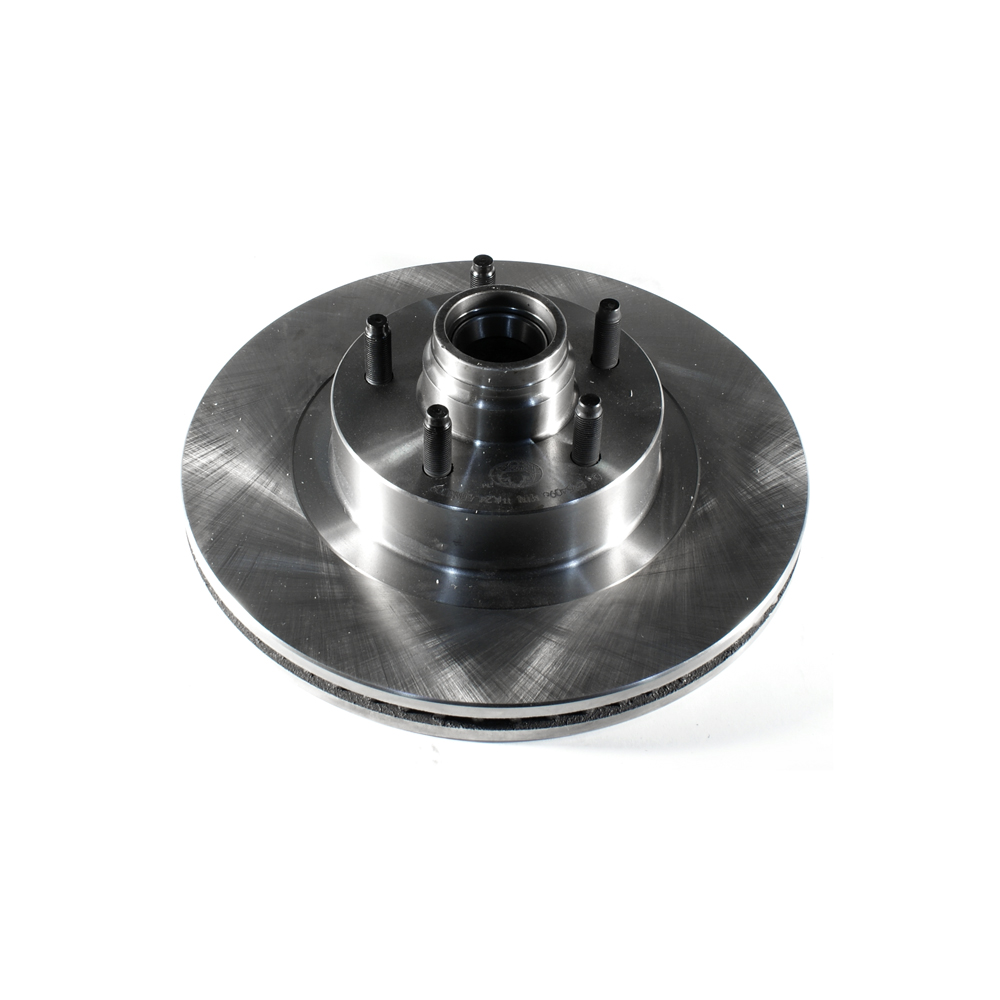
Part No: BR54096
Raybestos: 680021
OE: 5L5Z1102BA
Raybestos: 680021
OE: 5L5Z1102BA
$70.9 each
Per Car QTY: 2
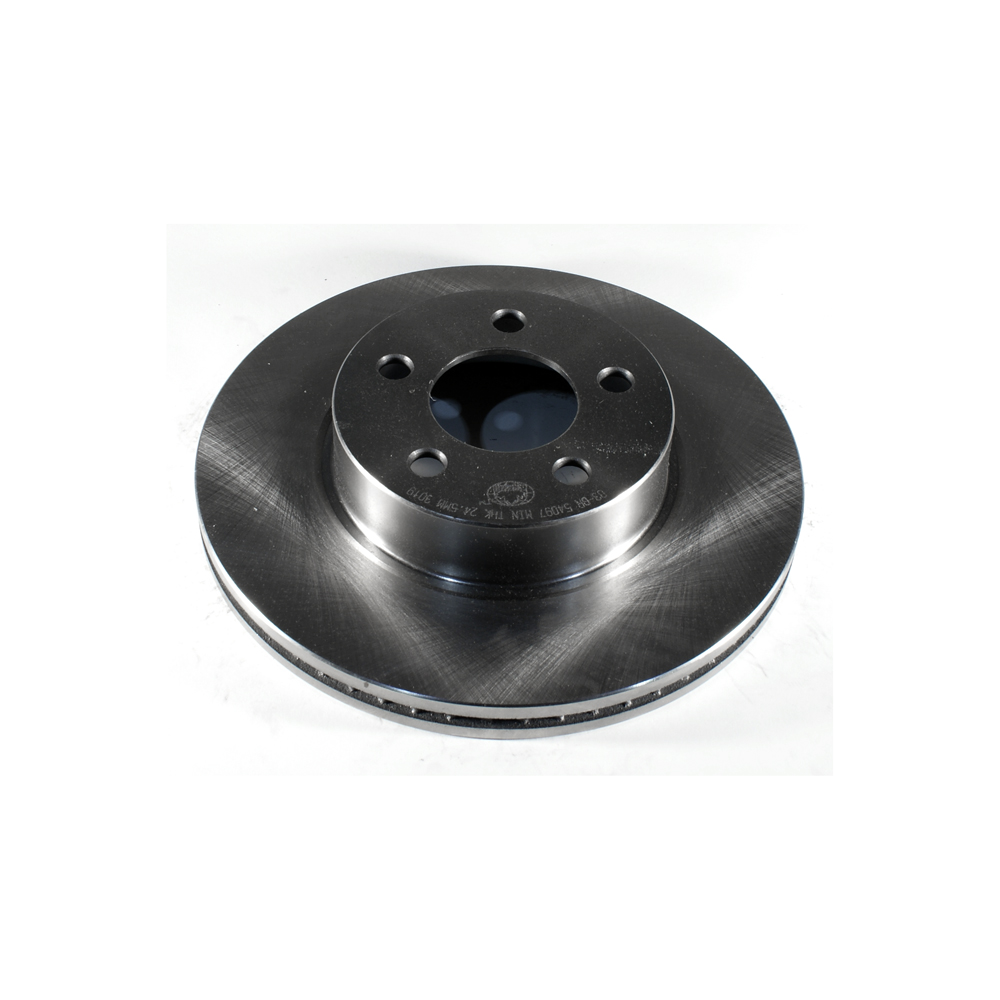
Part No: BR54097
Raybestos: 680027
OE: 5L5Z1125AA
Raybestos: 680027
OE: 5L5Z1125AA
$42.3 each
Per Car QTY: 2

Part No: BR54114
Raybestos: 680147
OE: 3L2Z2C026AA
Raybestos: 680147
OE: 3L2Z2C026AA
$36.59 each
Per Car QTY: 2
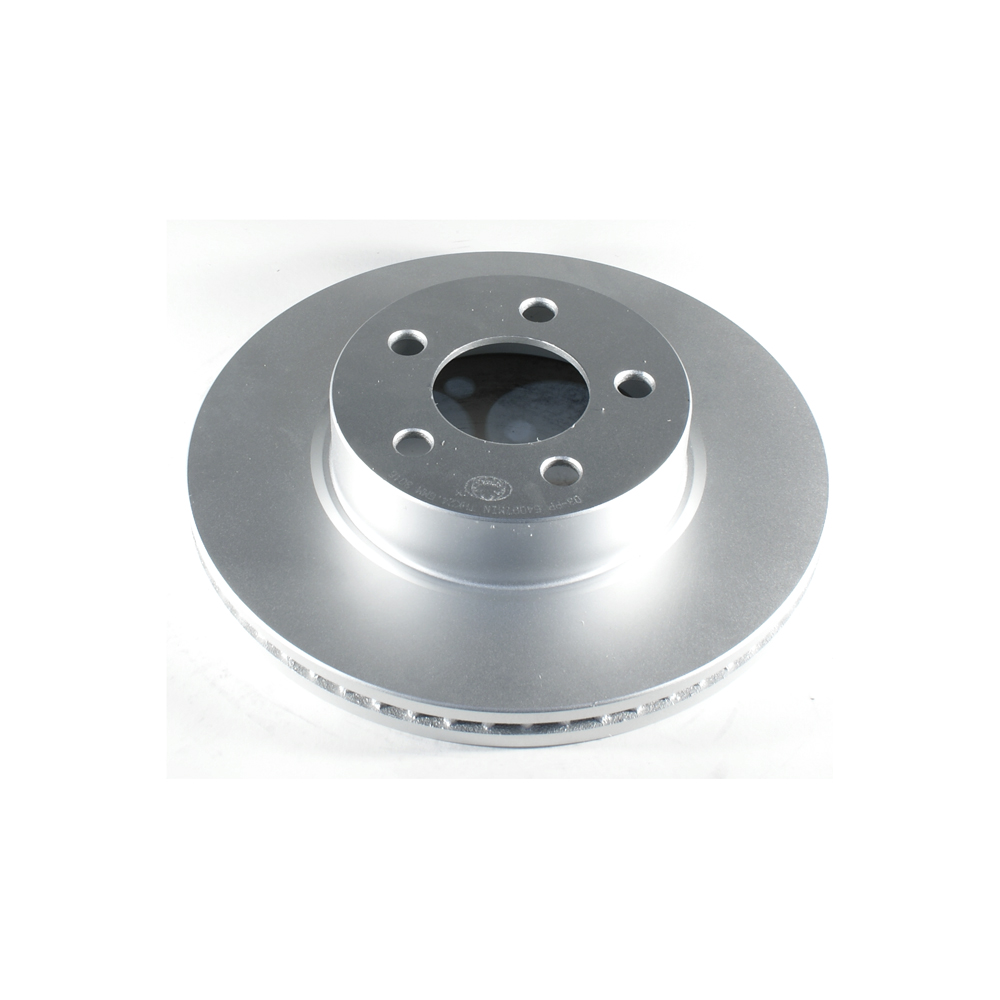
Part No: PP54097
Raybestos: 680027
OE: 5L5Z1125AA
Raybestos: 680027
OE: 5L5Z1125AA
$56.86 each
Per Car QTY: 2

Part No: UP54097L
Raybestos: 680027L
OE: 5L5Z1125AA
Raybestos: 680027L
OE: 5L5Z1125AA
$97.13 each
Per Car QTY: 1

Part No: UP54097R
Raybestos: 680027R
OE: 5L5Z1125AA
Raybestos: 680027R
OE: 5L5Z1125AA
$97.13 each
Per Car QTY: 1

Part No: PD833C
Raybestos: 833
OE:
Raybestos: 833
OE:
$35.41 each
Per Car QTY: 1

Part No: PD881C
Raybestos: 881
OE:
Raybestos: 881
OE:
$40.9 each
Per Car QTY: 1
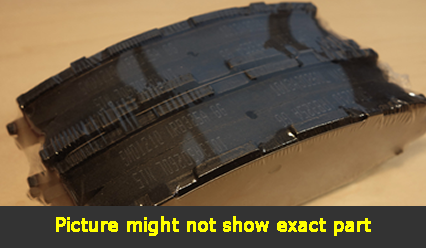
Part No: SMD833
Raybestos:
OE:
Raybestos:
OE:
$22.63 each
Per Car QTY: 1
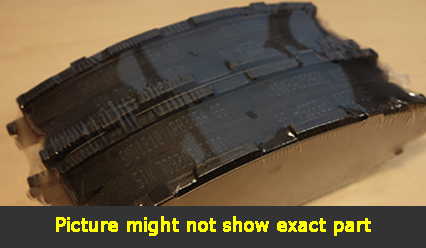
Part No: SMD881
Raybestos:
OE:
Raybestos:
OE:
$22.54 each
Per Car QTY: 1
The braking system is a crucial component of any vehicle, as it ensures the safety of the driver, passengers, and other road users. When it comes to the 2003 Ford Explorer Sport Trac, the importance of a well-functioning brake system cannot be overstated. In this article, we will delve into the various aspects of the brakes in the 2003 Ford Explorer Sport Trac and how they contribute to the overall driving experience and safety of this popular SUV.
The 2003 Ford Explorer Sport Trac comes equipped with a robust braking system designed to deliver reliable stopping power. This system consists of several key components, including the brake pads, brake calipers, brake rotors, and brake lines. Each of these elements plays a vital role in the braking process and must be in good working condition for optimal performance.
The brake pads are responsible for creating friction against the rotors, which convert the energy of motion into heat, subsequently slowing down the vehicle. When the brake pedal is pressed, hydraulic pressure is applied to the brake calipers, causing them to squeeze the brake pads against the rotors. It is essential to regularly inspect and replace brake pads as they wear down over time due to the intense friction generated during braking.
In addition to the brake pads, the brake rotors also require regular inspection and maintenance. The rotors are subject to wear, especially in high-demand situations such as towing or frequent stop-and-go traffic. Signs of a damaged rotor may include vibrations, pulsations, or a squeaking noise while braking. In such cases, it is advisable to have the rotors resurfaced or replaced to ensure optimal braking performance.
The brake calipers are responsible for squeezing the brake pads against the rotors. Over time, calipers can become corroded or sticky, preventing them from properly engaging the brake pads. This can result in reduced braking efficiency, longer stopping distances, and uneven pad wear. If any issues are detected with the brake calipers, they should be promptly serviced or replaced by a qualified technician.
The brake lines in the 2003 Ford Explorer Sport Trac are responsible for distributing the hydraulic pressure from the brake pedal to the brake calipers. It is crucial to inspect these lines regularly for signs of leaks or damage, as any compromised brake line can result in a loss of braking power. If any issues are detected with the brake lines, they should be repaired or replaced immediately to ensure optimal safety.
Regular maintenance and inspection of the braking system is crucial to ensure the safety and optimal performance of the 2003 Ford Explorer Sport Trac. It is recommended to follow the manufacturer's guidelines regarding brake service intervals and to have a qualified technician perform the necessary checks and replacements. Furthermore, attention should also be given to the brake fluid, which is responsible for transmitting hydraulic pressure. Moisture or contaminants in the brake fluid can lead to corrosion and reduced braking efficiency. Brake fluid should be regularly inspected and replaced as outlined in the vehicle's maintenance schedule.
Overall, the braking system in the 2003 Ford Explorer Sport Trac is a crucial component that demands regular inspection and maintenance. By ensuring the health and functionality of the brake pads, calipers, rotors, and brake lines, drivers can confidently rely on the braking system to provide reliable stopping power when needed. Remember, when it comes to your safety and the safety of others on the road, the condition of your brakes should never be overlooked.
The 2003 Ford Explorer Sport Trac comes equipped with a robust braking system designed to deliver reliable stopping power. This system consists of several key components, including the brake pads, brake calipers, brake rotors, and brake lines. Each of these elements plays a vital role in the braking process and must be in good working condition for optimal performance.
The brake pads are responsible for creating friction against the rotors, which convert the energy of motion into heat, subsequently slowing down the vehicle. When the brake pedal is pressed, hydraulic pressure is applied to the brake calipers, causing them to squeeze the brake pads against the rotors. It is essential to regularly inspect and replace brake pads as they wear down over time due to the intense friction generated during braking.
In addition to the brake pads, the brake rotors also require regular inspection and maintenance. The rotors are subject to wear, especially in high-demand situations such as towing or frequent stop-and-go traffic. Signs of a damaged rotor may include vibrations, pulsations, or a squeaking noise while braking. In such cases, it is advisable to have the rotors resurfaced or replaced to ensure optimal braking performance.
The brake calipers are responsible for squeezing the brake pads against the rotors. Over time, calipers can become corroded or sticky, preventing them from properly engaging the brake pads. This can result in reduced braking efficiency, longer stopping distances, and uneven pad wear. If any issues are detected with the brake calipers, they should be promptly serviced or replaced by a qualified technician.
The brake lines in the 2003 Ford Explorer Sport Trac are responsible for distributing the hydraulic pressure from the brake pedal to the brake calipers. It is crucial to inspect these lines regularly for signs of leaks or damage, as any compromised brake line can result in a loss of braking power. If any issues are detected with the brake lines, they should be repaired or replaced immediately to ensure optimal safety.
Regular maintenance and inspection of the braking system is crucial to ensure the safety and optimal performance of the 2003 Ford Explorer Sport Trac. It is recommended to follow the manufacturer's guidelines regarding brake service intervals and to have a qualified technician perform the necessary checks and replacements. Furthermore, attention should also be given to the brake fluid, which is responsible for transmitting hydraulic pressure. Moisture or contaminants in the brake fluid can lead to corrosion and reduced braking efficiency. Brake fluid should be regularly inspected and replaced as outlined in the vehicle's maintenance schedule.
Overall, the braking system in the 2003 Ford Explorer Sport Trac is a crucial component that demands regular inspection and maintenance. By ensuring the health and functionality of the brake pads, calipers, rotors, and brake lines, drivers can confidently rely on the braking system to provide reliable stopping power when needed. Remember, when it comes to your safety and the safety of others on the road, the condition of your brakes should never be overlooked.




